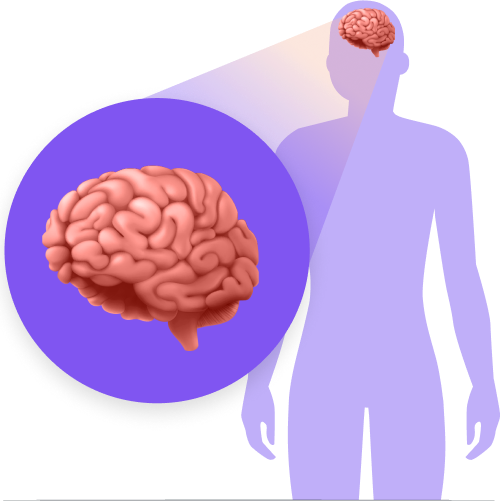- Home
- Topics
- Smoking and your health
- Smoking, heart disease and stroke
Smoking, heart disease and stroke
Quitting smoking can be even more effective in the treatment of coronary heart disease than cholesterol-reducing medication. It’s never too late to quit smoking and start reducing the risk of heart disease. Quitting can reduce the chance of death by coronary heart disease by 36%.
Effects of smoking on your heart
Smoking narrows and clogs the arteries that carry blood from your heart to the cells in your body. The limited blood flow reduces the movement of oxygen around your body. The restricted blood supply to your heart can cause permanent damage to your heart muscles.
If your arteries become too clogged, they can become blocked - this can cause a heart attack. If you already have some form of heart disease, quitting will reduce your risk of further damage. Quitting will also lower your chances of having another heart attack or stroke.
Stroke and other diseases
A stroke happens when the blood flow to the brain is interrupted due to a blockage, causing damage to brain tissue. A blockage caused by a blood clot leads to an ischaemic stroke. A stroke caused by a bleeding artery is called a haemorrhagic stroke.
Smoking is known to cause strokes. In fact, the more tobacco you smoke, the greater the risk of having a stroke.
Peripheral artery disease (PAD) is another smoking-related disease caused by blockages, affecting the legs and feet, arms and hands. If blood vessels are damaged, and blood is prevented from circulating, gangrene or amputation can result if the condition is left untreated.
Tobacco smoke can also cause abdominal aortic aneurysm, sudden cardiac death, congestive heart failure, paroxysmal tachycardia and atrial fibrillation.
Create a personalised Quit plan that will support you while you quit.
